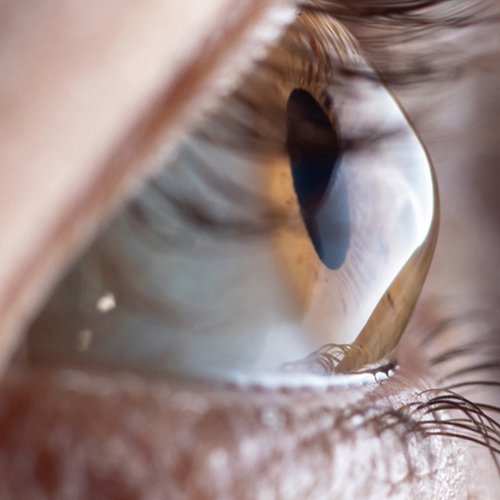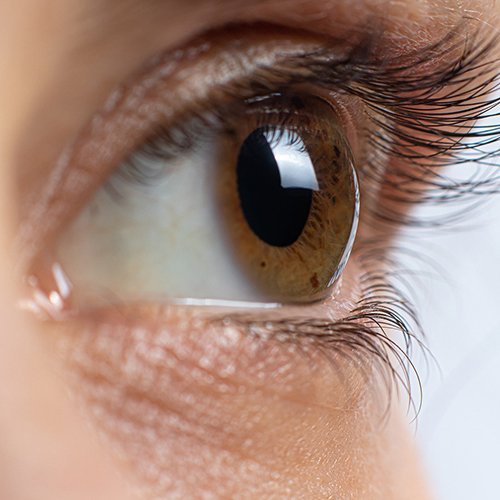Cornea Treatment
Can a damaged cornea be repaired?
Yes, a damaged cornea can often be repaired, and there are various treatments available depending on the severity and type of damage. The cornea is the clear, dome-shaped surface that covers the front of the eye and plays a crucial role in focusing vision. When the cornea is damaged, it can cause pain, impaired vision, and even blindness if not treated properly.
For minor scratches or abrasions, the cornea can heal on its own with the help of lubricating eye drops to keep the eye moist and prevent infection. In these cases, doctors might prescribe antibiotic eye drops to prevent infection and advise resting the eyes and avoiding rubbing them.
In cases of more severe damage, such as deeper abrasions, corneal ulcers, or infections, more intensive treatments are needed. This might include stronger antibiotic or antifungal eye drops, oral medications, or even steroid eye drops to reduce inflammation.
For serious injuries or diseases that cause significant damage to the cornea, surgical options may be necessary. One common procedure is a corneal transplant, where a damaged cornea is replaced with a healthy

donor cornea.There are different types of corneal transplants, such as full-thickness (penetrating keratoplasty) and partial-thickness (lamellar keratoplasty), depending on the specific layers of the cornea that are damaged.
Another advanced treatment is corneal collagen cross-linking, used primarily for keratoconus (a condition where the cornea becomes thin and cone-shaped). This procedure involves using ultraviolet (UV) light and riboflavin (vitamin B2) to strengthen the cornea and halt its deterioration.
For less invasive options, doctors might use special contact lenses, known as therapeutic or bandage contact lenses, to protect the cornea and promote healing. In some cases, amniotic membrane transplantation can be used, where a layer of tissue from the placenta is placed over the cornea to help it heal and reduce scarring.
Overall, while corneal damage can be serious, modern medicine offers a range of effective treatments to repair and restore vision. It’s important to seek prompt medical attention if you suspect corneal damage to ensure the best possible outcome.

We are here to help you.
Book An Appointment
I need to schedule an appointment with the eye specialist for a comprehensive eye examination. Please confirm the earliest available slot. Thank you.
Call Now
Please call now to book an appointment with the eye specialist at your earliest convenience. I require a consultation soon. Thank you.

Whatsapp Now
Feel free to send a WhatsApp message now to arrange an appointment with the eye specialist. Urgency is appreciated. Thank you.
How can I improve my cornea?
Improving and maintaining the health of your cornea is essential for good vision. The cornea is the clear, dome-shaped surface that covers the front of the eye and plays a crucial role in focusing your vision. Here are some steps you can take to keep your cornea healthy:
Protect Your Eyes: Wearing sunglasses that block 100% of UV rays can help protect your cornea from harmful ultraviolet light, which can cause damage over time. Additionally, wearing safety goggles or protective eyewear during activities that pose a risk to your eyes (such as sports or handling hazardous materials) is important.
Maintain Good Hygiene: Proper hygiene is crucial, especially if you wear contact lenses. Always wash your hands before handling your lenses, and follow the cleaning and storage instructions provided by your eye care professional. Never sleep in your contact lenses unless they are specifically designed for overnight wear.
Stay Hydrated: Drinking plenty of water is beneficial for your overall eye health, including your cornea. Hydration helps maintain the moisture

balance in your eyes and can prevent dryness, which can lead to irritation and damage.
Follow a Healthy Diet: A diet rich in vitamins and minerals supports eye health. Foods high in antioxidants, such as leafy greens, carrots, and fish high in omega-3 fatty acids, can promote corneal health. Supplements such as vitamin A, vitamin C, and omega-3s are particularly beneficial.
Avoid Eye Strain: Take regular breaks when working on a computer or reading to reduce eye strain. The 20-20-20 rule is a helpful guideline: every 20 minutes, take a 20-second break and look at something 20 feet away.
Don’t Rub Your Eyes: Rubbing your eyes can cause micro-abrasions on the cornea, leading to irritation or infection. If your eyes feel itchy or irritated, use lubricating eye drops instead.
Regular Eye Check-ups: Regular visits to an eye care professional can help detect any issues early on. Comprehensive eye exams can identify problems with your cornea and ensure that you receive the appropriate treatment or management.
By following these steps, you can significantly improve and maintain the health of your cornea, ensuring clear and comfortable vision.
